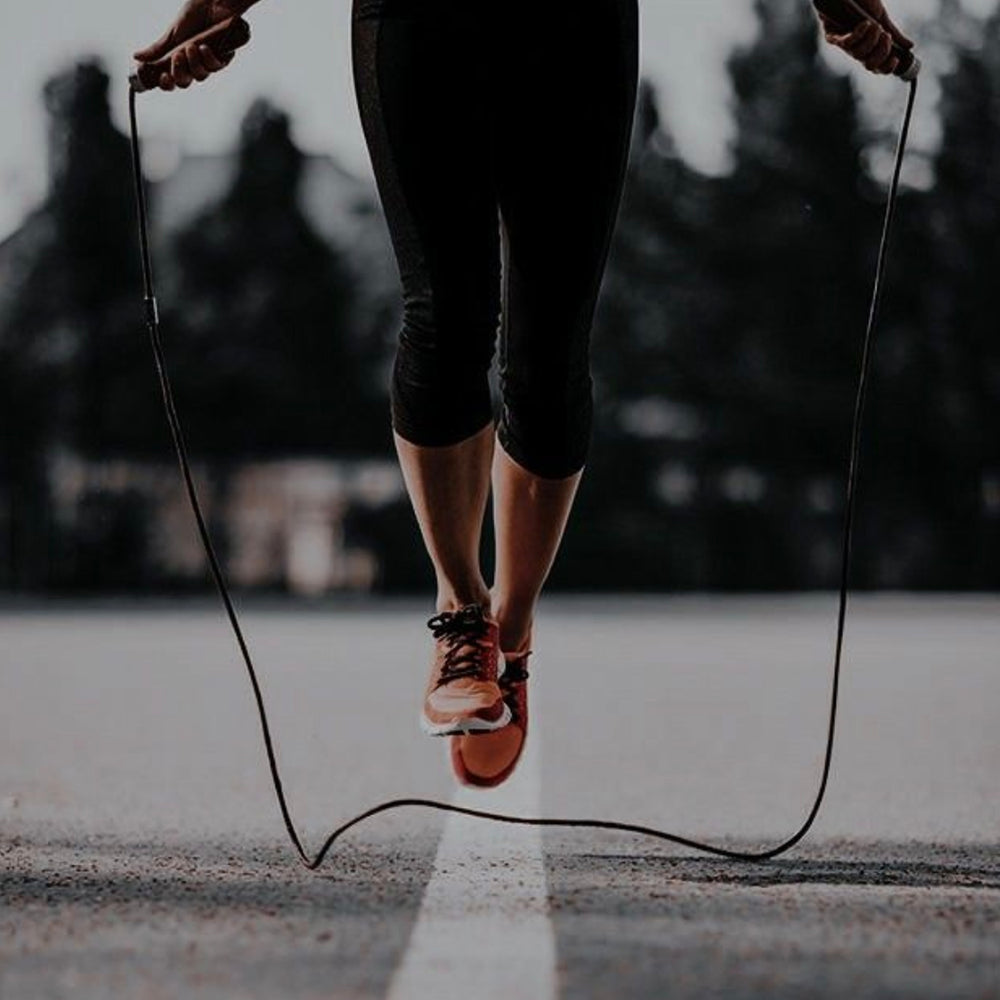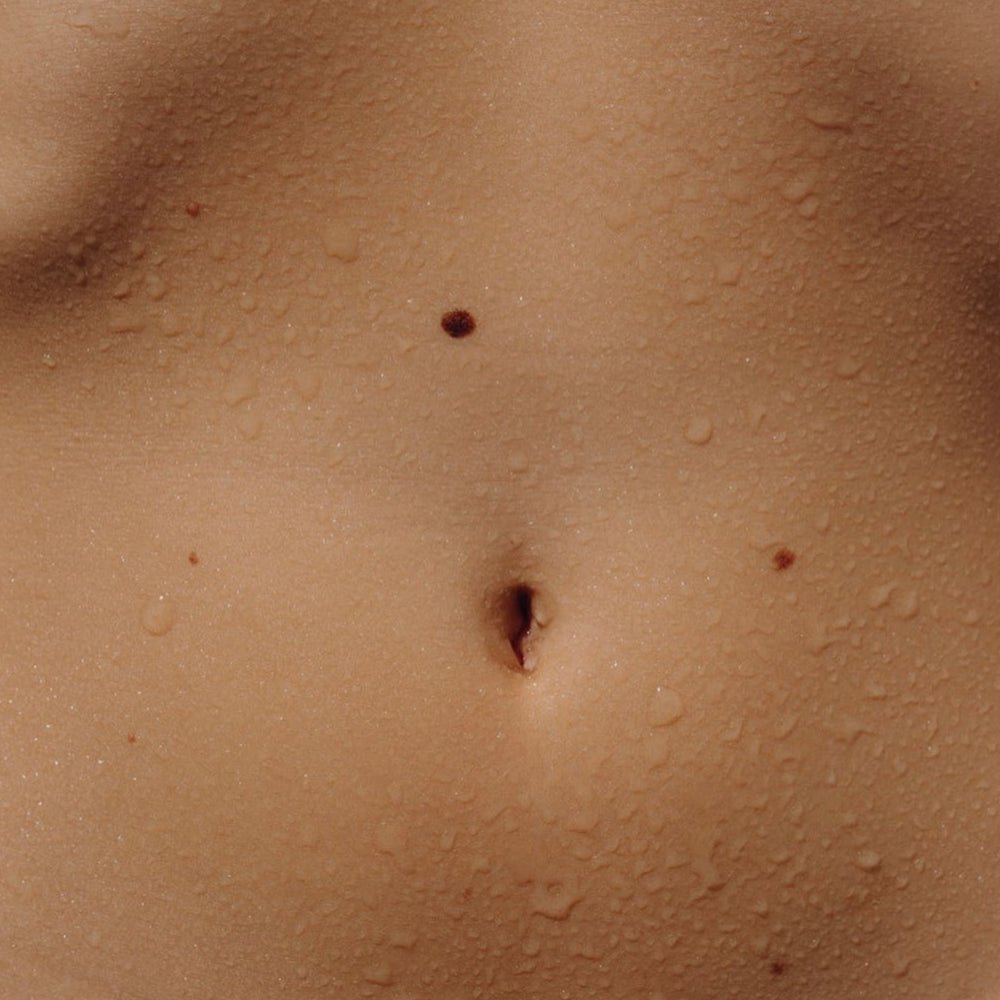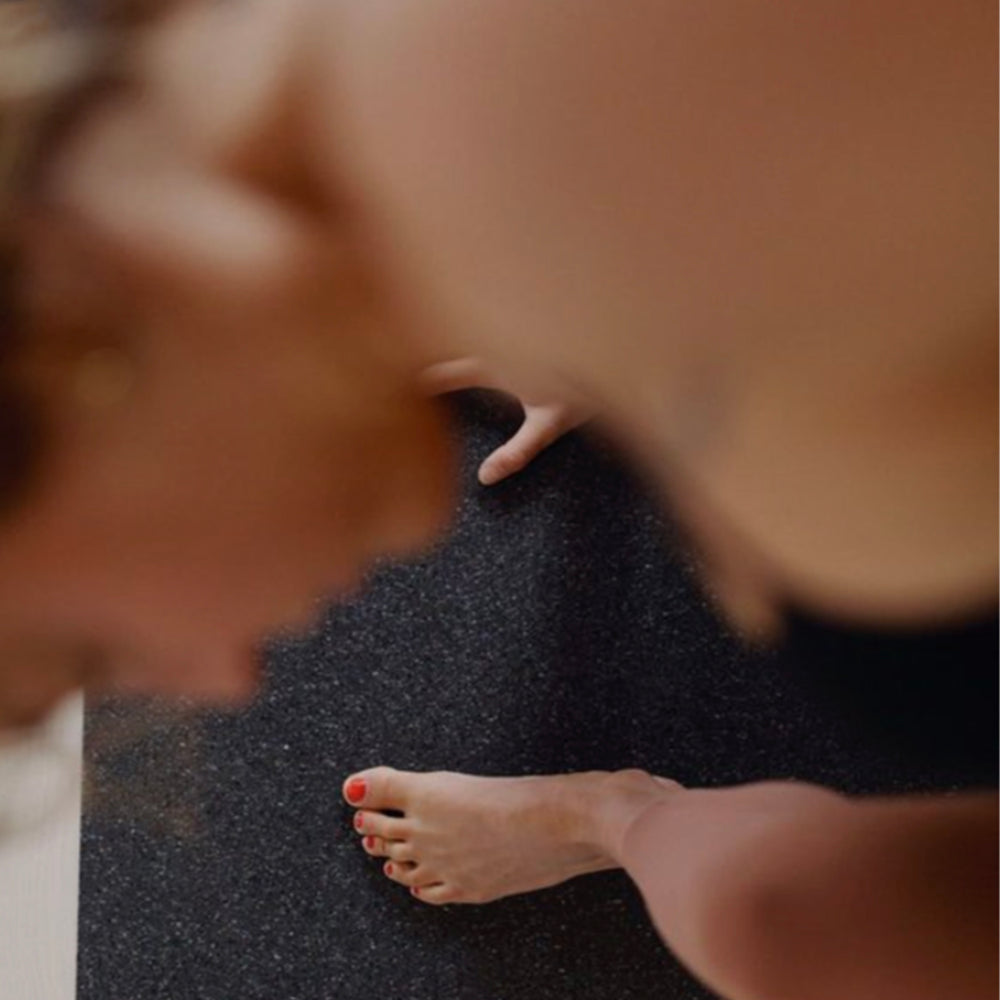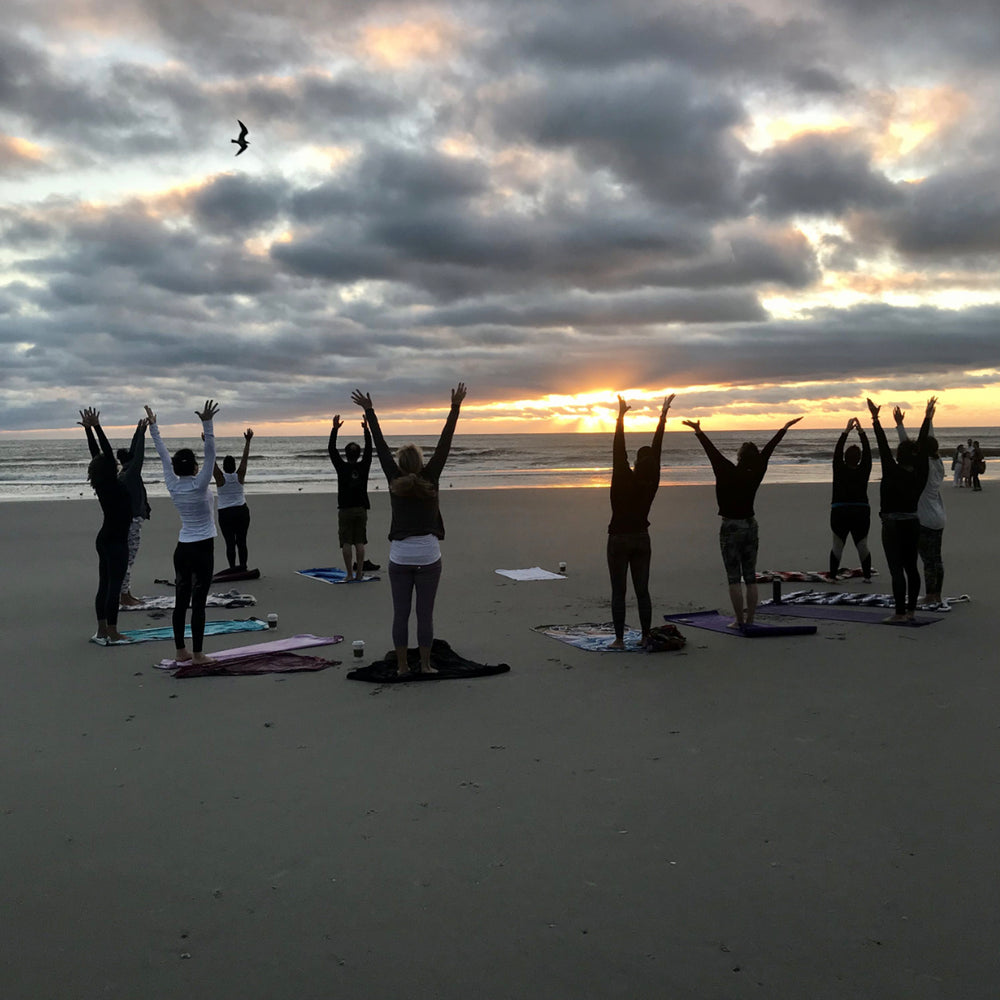
In today's fast-paced world, taking care of yourself can often be overlooked or pushed to the bottom of your to-do list. However, practicing self-care is essential for your overall well-being. It involves taking deliberate actions to prioritize your mental, emotional, and physical health. In this article, we'll explore three effective ways to get your self-care routine on track and ensure that you are nurturing your body and mind.
1. Mindfulness Meditation: A Path to Inner Peace
Mindfulness meditation is a powerful tool for self-care that has been practiced for centuries. It involves paying focused and non-judgmental attention to the present moment. This practice cultivates self-awareness, reduces stress, and enhances emotional well-being. Here's how you can incorporate mindfulness meditation into your self-care routine:
Find Your Space:
Choose a quiet and comfortable space where you can sit or lie down without distractions. This could be a corner of your home, a park, or even your workplace during a break.
Set a Time:
Allocate a specific time for your meditation practice. It can be as short as five minutes or extend to half an hour, depending on your schedule and comfort level.
Start with Breath Awareness:
Begin your meditation by focusing on your breath. Take slow, deep breaths and observe the sensation of the air entering and leaving your body. This anchors your attention to the present moment.
Body Scan:
Progressively scan your body from head to toe, paying attention to any tension or discomfort. Release any physical tightness as you breathe out, allowing your body to relax.
Acknowledge Thoughts and Emotions:
During meditation, thoughts and emotions may arise. Instead of pushing them away, acknowledge them without judgment. Observe these thoughts and feelings as they come and go, like clouds passing through the sky.
Guided Meditation:
If you're new to mindfulness meditation, consider using guided meditation apps or recordings. They provide step-by-step instructions and can be a helpful starting point.
Consistency is Key:
Like any self-care routine, consistency is crucial for the benefits of mindfulness meditation to manifest. Aim to practice daily or at least a few times a week.
Mindful Living:
Extend mindfulness beyond meditation by bringing it into your daily life. Practice being fully present during everyday activities, such as eating, walking, or even washing dishes.
2. Physical Activity: Moving Your Body and Boosting Your Mood
Physical activity is not just about staying fit; it's also a powerful form of self-care that benefits both your body and mind. Exercise releases endorphins, which are natural mood lifters, and it reduces stress. Here's how you can incorporate physical activity into your self-care routine:
Find an Activity You Enjoy:
Choose a physical activity that you genuinely enjoy, whether it's dancing, hiking, swimming, yoga, or playing a sport. When you love what you're doing, it feels less like a chore and more like self-indulgence.
Create a Routine:
Establish a regular exercise routine that fits your schedule and goals. Consistency is key, so find a time that works best for you, whether it's in the morning, during your lunch break, or in the evening.
Start Slow:
If you're new to exercise or getting back into it after a break, start slowly and gradually increase the intensity. Pushing too hard too soon can lead to burnout or injury.
Mix It Up:
Variety can keep your exercise routine interesting and prevent boredom. Incorporate a mix of aerobic, strength, flexibility, and balance exercises.
Outdoor Activities:
Whenever possible, opt for outdoor physical activities. Being in nature enhances the mental health benefits of exercise and allows you to connect with the natural world.
Social Engagement:
Consider joining a group or class related to your chosen activity. Exercising with others can boost motivation and provide a sense of community.
Listen to Your Body:
Pay attention to your body's signals. If you're feeling fatigued or unwell, it's okay to skip a workout or choose a gentler activity like stretching or a leisurely walk.
Rest and Recovery:
Adequate rest and recovery are essential for your body to heal and grow stronger. Ensure you get enough sleep and allow your muscles time to recover after intense workouts.
3. Digital Detox: Unplugging for Mental Clarity
In our digital age, constant connectivity can lead to stress and overwhelm. A digital detox is a form of self-care that involves intentionally disconnecting from screens and digital devices to regain mental clarity and focus. Here's how you can start your digital detox journey:
Set Boundaries:
Establish clear boundaries for screen time. Decide when and where you will use digital devices and when you will unplug. Avoid using screens during meals and before bedtime.
Prioritize Real Connections:
Spend quality time with loved ones without the distraction of screens. Engage in face-to-face conversations and create meaningful connections in the real world.
Turn Off Notifications:
Disable non-essential notifications on your phone and other devices. This reduces the constant interruptions and allows you to be more present in the moment.
Designate Tech-Free Zones:
Create tech-free zones in your home, such as the bedroom or dining area. These spaces can serve as sanctuaries for relaxation and quality time with loved ones.
Engage in Analog Activities:
Rediscover analog activities like reading physical books, writing in a journal, or playing board games. These activities can be deeply satisfying and promote mindfulness.
Practice Mindful Consumption:
When you do use digital devices, do so mindfully. Consume content that adds value to your life and avoid mindless scrolling or excessive social media use.
Take Breaks:
Incorporate short breaks into your workday to step away from screens. Use this time to stretch, take a walk, or practice deep breathing.
Reflect and Reconnect:
During your digital detox, take the opportunity to reflect on your priorities, values, and goals. Use this time to reconnect with your inner self and gain mental clarity.
The Importance of Self-Care
Self-care is not a luxury; it's a necessity for maintaining your physical, mental, and emotional well-being. Incorporating mindfulness meditation, physical activity, and a digital detox into your routine can help you prioritize self-care and reap its numerous benefits. Remember that self-care is a continuous journey, and it's essential to adapt your practices to your evolving needs and circumstances. By making self-care a priority in your life, you'll not only enhance your own well-being but also become better equipped to navigate the challenges and demands of the modern world.
|











